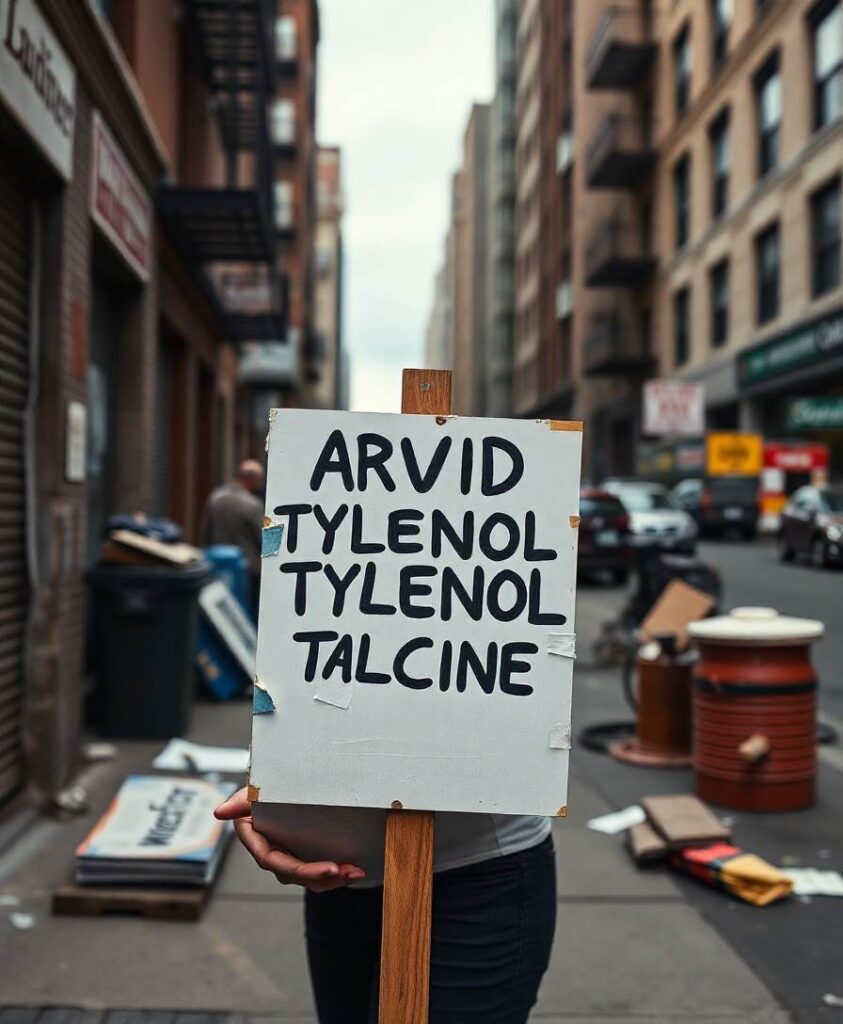Modern science continues revealing surprising connections between our daily habits and long-term health. A groundbreaking international study tracking 88,000 adults has uncovered critical insights about how sleep routines influence our biological resilience – and the findings challenge everything we thought we knew about rest.
Our circadian rhythms operate like intricate internal networks, coordinating cellular processes far more complex than simple sleep duration. When these rhythms become disrupted, researchers discovered, our bodies enter vulnerable states that can dramatically increase disease susceptibility. This isn’t about sleeping more, but sleeping smarter – synchronizing our biological clocks with precision and consistency.
As a neuroscientist studying brain plasticity, I’m fascinated by how emerging technologies might help us optimize these rhythmic biological systems. Imagine personalized sleep coaching that doesn’t merely track hours, but understands your unique physiological patterns – transforming sleep from a passive recovery process into an active health strategy. This research signals a profound shift: our sleep isn’t peripheral to wellness, but a fundamental mechanism for preventing chronic diseases and supporting human potential.
How Your Sleep Routine Could Be Sabotaging Your Long-Term Health
In the relentless march of technological innovation, our relationship with sleep is often the last frontier we consider optimizing. Yet, a groundbreaking new study,covering over 88,000 adults worldwide,shatters some long-held assumptions about what makes sleep truly restorative and how it impacts our future well-being. This isn’t just about catching enough Z’s; it’s about tuning our biological clocks to the rhythm of life itself.
When we think about sleep, most of us focus on duration,how many hours we clock in each night. But emerging science is pointing a much sharper spotlight on *regularity*,the consistency of our sleep schedules,as the crucial factor in disease prevention. It’s a paradigm shift that could redefine what it means to prioritize sleep in a way that genuinely boosts health, from reducing inflammation to lowering risks of diseases like liver cirrhosis or even gangrene.
### Sleep consistency and circadian rhythms: the missing pieces in health puzzles
The study’s findings reveal that *disrupted circadian rhythms*,think of your internal biological clock as a finely tuned orchestra,are linked to a significant increase in disease risk. Irregular sleep patterns act like a discordant conductor, throwing the symphony of your physiology off-balance. This can activate inflammatory pathways in the body, which, over time, may set the stage for serious health conditions.
Here’s the exciting part: previous research often lumped sleep duration and quality together, sometimes suggesting that sleeping more than nine hours could be harmful. But this massive investigation shows that, *objectively measured*, sleeping over nine hours isn’t necessarily bad. Instead, the real culprit is how consistent your sleep habits are,whether you’re going to bed and waking up at similar times each day.
This shift in understanding underscores the importance of
regular sleep schedules
as a form of biological calibration. When your internal clock stays synchronized, your body can better regulate inflammation, hormone production, and cell repair,all of which are essential for long-term health.
### The future-proof tech of sleep: how aligning your circadian rhythm could be your best health upgrade
What does this mean for those of us eager to harness technology to optimize our lives? Future-proofing your health now involves more than just tracking steps or monitoring heart rate. It’s about leveraging advanced sleep tech,smart alarms, circadian rhythm trackers, personalized sleep coaching,to create a consistent sleep environment.
Imagine a world where your sleep devices don’t just wake you up gently but also help you maintain a stable sleep schedule. They can analyze your biological signals, suggest optimal bedtimes, and even adapt to your changing lifestyle, all to preserve your circadian harmony. This isn’t some far-off sci-fi dream; it’s the next evolution in personal health tech,integrating real-time biological data to fine-tune your sleep-wake cycle.
### Why redefining “good sleep” matters now more than ever
In a society racing against time, sleep is often sacrificed on the altar of productivity. But if a disrupted sleep schedule can activate inflammatory mechanisms that lead to diseases like liver cirrhosis or gangrene, then our approach to sleep must change. Good sleep isn’t just about length; it’s about
biological consistency
,the rhythm that keeps our inner systems in sync.
The implications are profound:
embracing regular sleep patterns
could be one of the most accessible, high-impact ways to future-proof our health. As health tech continues to evolve, integrating circadian-aligned sleep routines may become as essential as regular exercise or balanced nutrition.
By understanding that our internal clocks are more than just biological curiosities,they are fundamental to our health, we open the door to a future where technology and science empower us to live longer, healthier lives. The message is clear: your sleep schedule isn’t just about feeling rested; it’s a vital pillar of your well-being, with the power to influence disease risk at a cellular level.
Learn More: Your sleep schedule could be making you sick, says massive new study
Abstract: A global study of over 88,000 adults reveals that poor sleep habits,like going to bed inconsistently or having disrupted circadian rhythms,are tied to dramatically higher risks for dozens of diseases, including liver cirrhosis and gangrene. Contrary to common belief, sleeping more than 9 hours wasn’t found to be harmful when measured objectively, exposing flaws in previous research. Scientists now say it’s time to redefine “good sleep” to include regularity, not just duration, as biological mechanisms like inflammation may underlie these powerful sleep-disease links.
Link: https://www.sciencedaily.com/releases/2025/07/250729001227.htm




